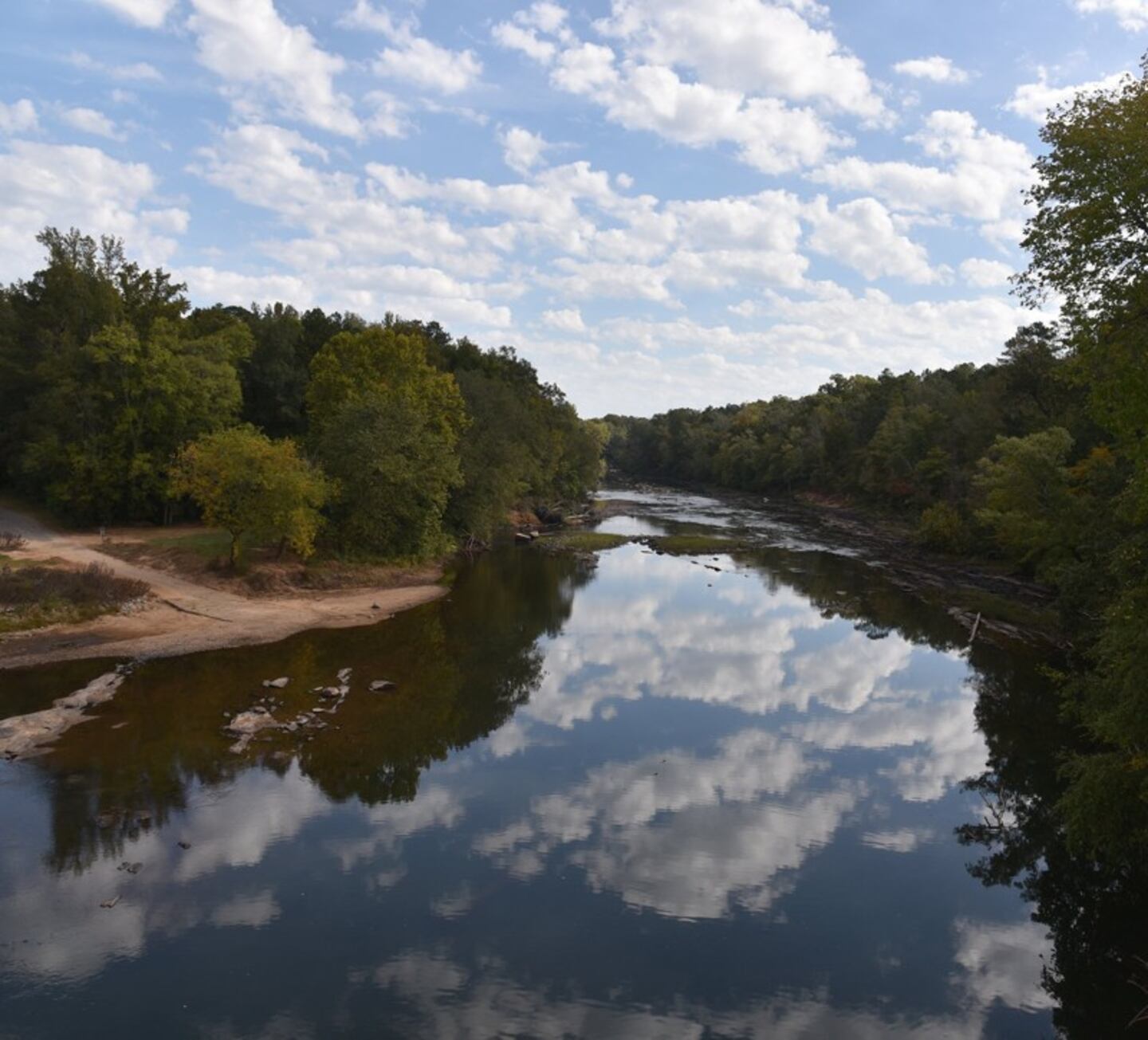Georgia won a major victory on Tuesday in a costly and long-running legal dispute with Florida over control of water resources.
A special master appointed by the U.S. Supreme Court decided Florida failed to prove that new limits on Georgia’s water consumption were needed after five weeks of hearing testimony in the case.
"Florida has failed to show that a consumption cap will afford adequate relief," wrote Ralph Lancaster Jr., the special master appointed to the case.
Georgia argued losing the fight could devastate the state’s economy, while Florida contended a court defeat could endanger its environment.The fight between the two states - plus Alabama, which has been nervously watching the proceedings - involves water flowing from Lake Lanier downstream through Alabama to Florida’s Apalachicola Bay.
Georgia's two neighbors have argued for decades that it has drawn more than its share from the Chattahoochee and Flint rivers, posing a threat to the ecological system and harming the livelihoods of their residents.
Georgia counters that the state's water use had little to do with the collapse of the Apalachicola oyster industry. The U.S. Army Corps of Engineers gave Georgia a stamp of approval last year when it said metro Atlanta would get virtually all the water it needs from Lanier through 2050.
TRENDING STORIES:
- Search intensifies for former metro Atlanta student missing for weeks
- Mardi Gras float mocks 'ringless' Falcons (PHOTOS)
- Family's new home turns out to be former meth lab
It started when Florida sued Georgia in 2013 claiming that metro Atlanta residents and southwest Georgia farmers used too much water to the detriment of downstream oysters and endangered species. Florida wanted to cap Georgia’s overall water consumption and boost the amount of water it sends downstream during drought.
The U.S. Supreme Court agreed to hear the “equitable apportionment” case in November 2014 and appointed Lancaster as the so-called special master. Lancaster concluded five weeks of trial in Maine in early December.
The stakes are high. An economic analysis presented by Georgia during the trial warned that the state could suffer nearly $2.5 billion in economic losses each year if the verdict went against them. Florida argued the costs would be about $100 million.
The Apalachicola-Chattahoochee-Flint river basin spreads from metro Atlanta through Columbus, Albany, eastern Alabama and a large swath of the Florida Panhandle.
About 98 percent of the population and 90 percent of the jobs are found in the Georgia portion of the river basin. And, according to Georgia calculations presented during trial, 99 percent of the basin’s “gross regional product,” or $280 billion, comes from Georgia.
Lancaster’s ruling may not end the ongoing dispute. Congress could ultimately weigh in, and the U.S. Supreme Court could reject his findings. Further lawsuits can’t be ruled out either.
I’m encouraged by the special master’s report, which was issued today. It appears to support the position taken by GA. #gapol #water
— Former Gov. Nathan Deal (@GovernorDeal) February 14, 2017
Cox Media Group





